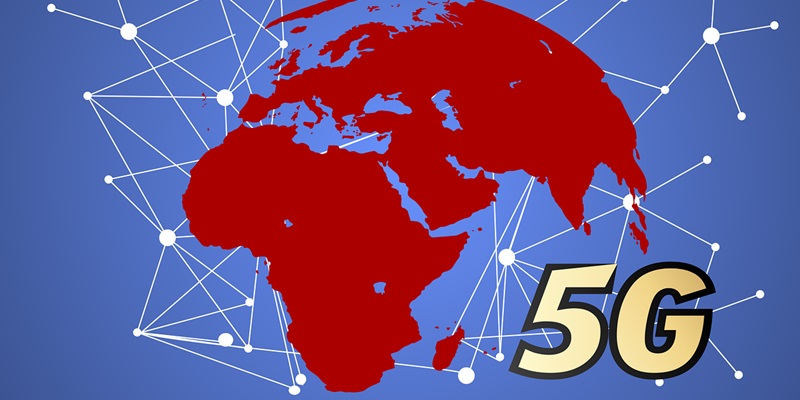Elisa’s recent advancement in 5G technology marks a significant milestone for the future of wireless communication. Collaborating with frontrunners Ericsson and Qualcomm, Elisa has effectively mastered uplink carrier aggregation to achieve astounding upload speeds that set a new industry standard.
Unleashing Lightning-Fast Uplink Speeds
Utilizing the spectrum capabilities of 2.6 GHz and 3.5 GHz, Elisa has unlocked uplink speeds reaching 230 Mbps. This technological leap, powered by Qualcomm’s Snapdragon X75 5G modem and Ericsson’s cutting-edge software, stands as a testament to the infinite potential of 5G networks. Such developments are not merely incremental; they represent transformative shifts in how we connect and communicate digitally.
Transforming Digital Experiences and Content Creation
The implications of Elisa’s uplink speed breakthrough are enormous for sectors reliant on high-speed uploads, such as media, entertainment, and virtual reality. These new-found speeds enable a level of instantaneous data transmission that is essential for syncing with the real-time pulse of today’s digital world.
Elevating Cloud Gaming and The Metaverse
This enhancement isn’t just significant—it’s revolutionary. The impact will be particularly felt in cloud gaming, where players will experience unprecedented responsiveness, and in the burgeoning realms of the metaverse, where latency can break immersive experiences.
Forging Pathways for Futuristic Applications
Elisa isn’t just pushing boundaries; it’s creating new horizons for a future where 5G’s full potential can be harnessed. As we venture further into an interconnected world, the importance of equal upload and download speeds grows ever more apparent. Elisa’s pioneering advancement ensures that we are well-equipped to embrace these upcoming transformations.
In summary, as the capabilities of 5G continue to evolve and expand, Elisa leads the charge, ushering in a new epoch of ultra-fast, seamless connectivity that promises to redefine the digital landscape.

